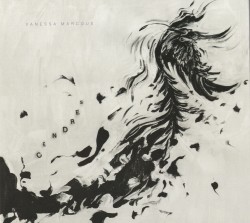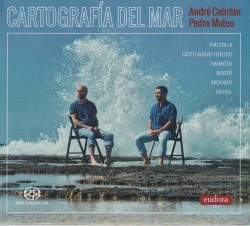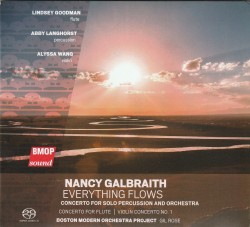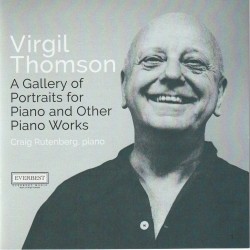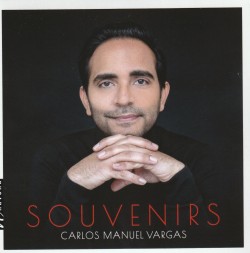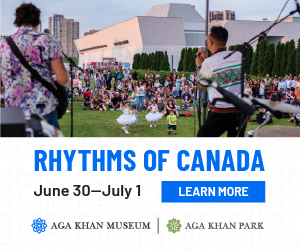A Walk to Meryton - Made by Musicbots and Arne Eigenfeldt
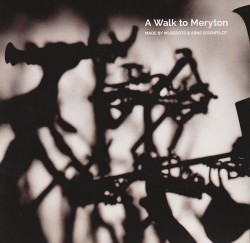 A Walk to Meryton
A Walk to Meryton
Made by Musicbots and Arne Eigenfeldt
Redshift Records TK533 (redshiftmusicsociety.bandcamp.com)
North Vancouver-based composer Arne Eigenfeldt has worked with Artificial Intelligence since the1980s. His musical tool creation Musebots is a modular, interactive system which generates countless musical environments like washes, percussive sounds, held notes, intervals and low to high pitches. Ten pieces with video co-written and generated by Musebots feature genres like contemporary music, jazz, spoken word and electronics. Live human performers John Korsrud (trumpet, flugelhorn), Meredith Bates (violin), Jon Bentley (soprano & tenor saxophones) and Barbara Adler (text/reading) were recorded then overlaid to the Musebots tracks. Each musician was given a generated score with melodies, harmonic progressions and suggestions where to improvise. Adler wrote her spoken texts based on her conversations with Eigenfeldt about walking, Jane Austin, musebots and internal dialogs.
Room for a Moment features tonal, accessible lyricism like electronic clicks, held notes and ringing bell sounds between phrases. Background spoken words and violin mix well to closing comforting sound. Fit As You Are opens with a repeated walking and exercising drum beat. Then a bit slower with intervals and held notes. Spoken word articulation at times matches the generated rhythms. Trumpet and sax fit well but are too soft. In Pleasure to Suffer grim low held notes support higher lines of spoken word, alternating bell like sounds and held notes. Abrupt saxophone trills add interest.
I am SO surprised and excited by this Musebots generated music. Yes, it still has that “familiar TV/film computer sound” yet Musebot’s lush harmonic tonal to atonal melodies, washes and percussive rhythms combine perfectly with the human performers.


